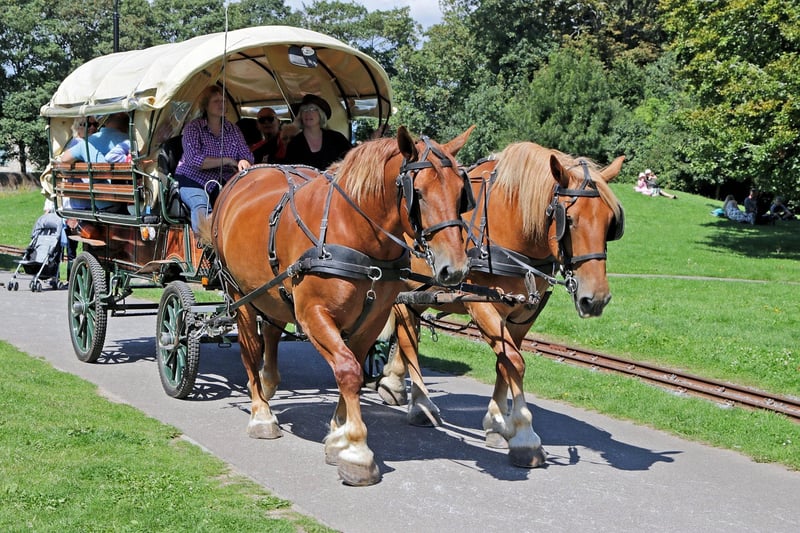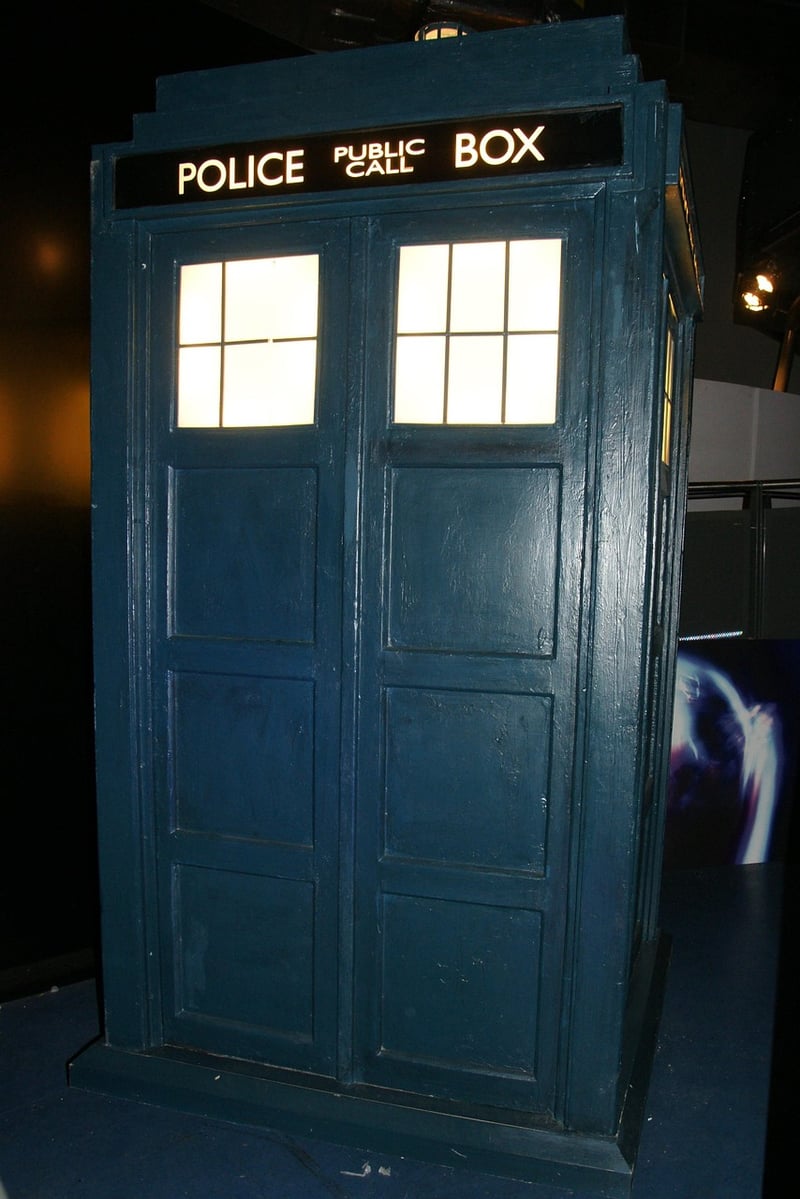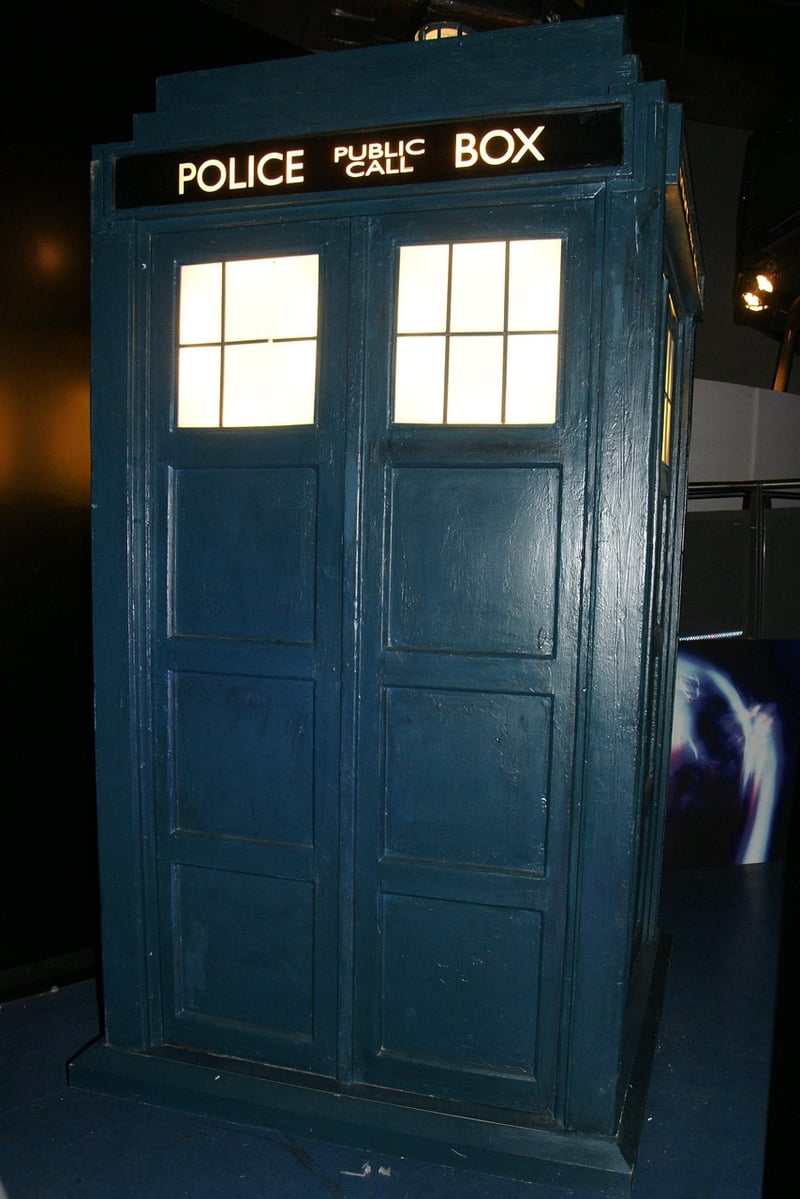TARDIS
The Evolution of Transportation: From Horse Carriages to Time Machines
Transportation has come a long way since the days of horse-drawn carriages. From the invention of the steam engine to the development of modern automobiles, humans have continually sought ways to make travel faster, more efficient, and more comfortable. Let's explore some of the key modes of transportation that have shaped the way we move from place to place.
1. Horse-Drawn Carriages
Before the advent of mechanized transport, horse-drawn carriages were the primary mode of transportation for centuries. They provided a means of travel for the elite and were essential for the movement of goods and people in cities and rural areas.

2. Steam Locomotives
The invention of the steam engine revolutionized transportation with the introduction of steam locomotives. These iron giants connected distant cities, facilitated trade, and played a crucial role in the Industrial Revolution.

3. Automobiles
With the mass production of automobiles in the early 20th century, personal transportation became more accessible to the general population. Cars offered unprecedented freedom of movement and led to the development of modern road networks.

4. Airplanes
The invention of airplanes opened up the skies for human exploration and travel. From short domestic flights to intercontinental journeys, air travel has become an integral part of modern transportation, connecting people across the globe.

5. TARDIS
While the TARDIS may be a fictional time machine from the popular TV show "Doctor Who," it has captured the imagination of audiences worldwide. The iconic blue police box can travel through time and space, making it the ultimate mode of transportation for the adventurous and the curious.

From humble horse-drawn carriages to futuristic time machines, transportation continues to evolve, shaping the way we experience the world around us.
What mode of transportation do you find the most fascinating? Share your thoughts in the comments below!
